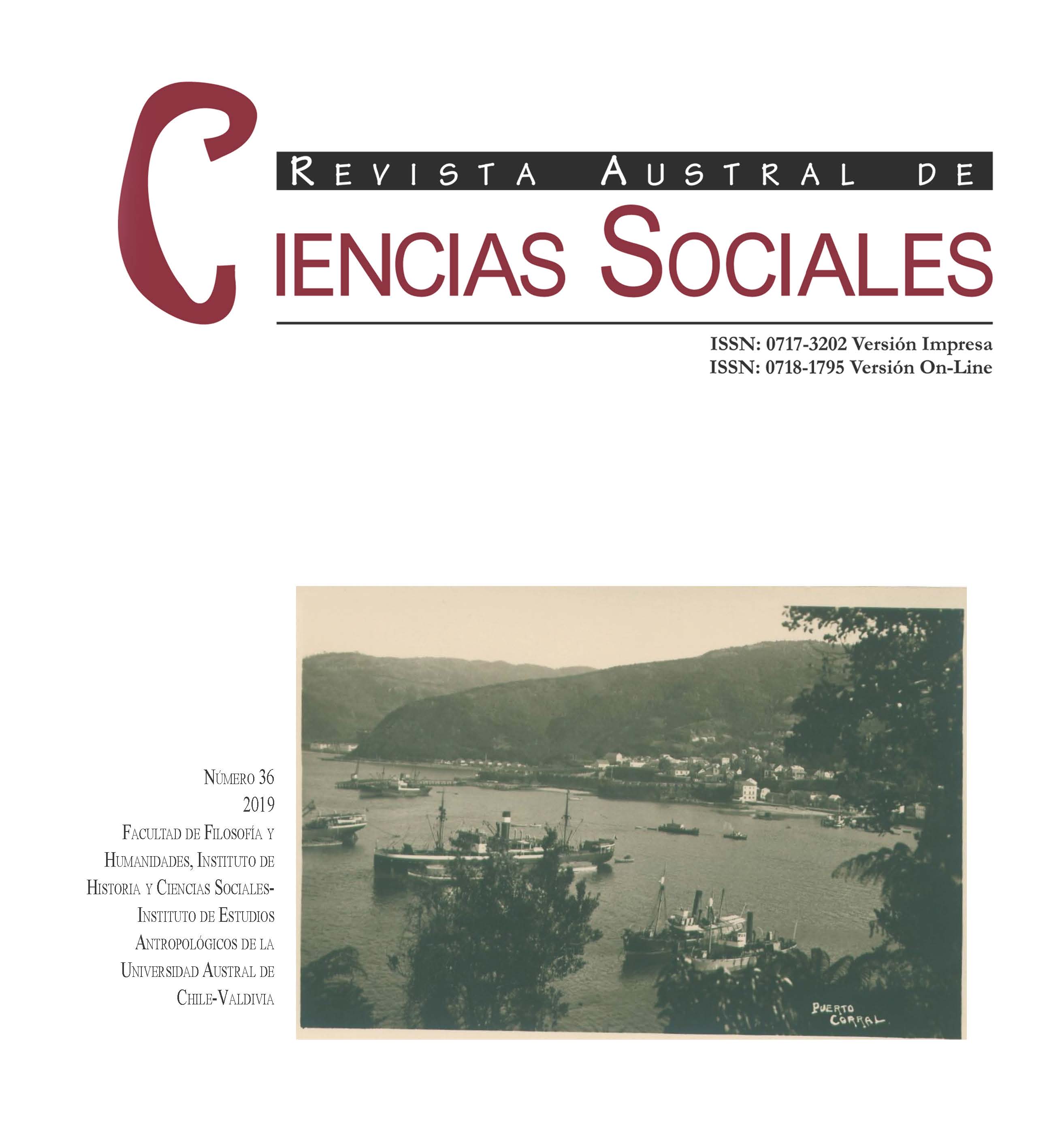Lifestyle migration: Creating diverse and cohesive communities? The case of Los Riscos, Pucón, Chile
Main Article Content
Abstract
Based on the study of a suburban sector of Pucón, this work seeks to analyze how lifestyle migration has impacted on the sociocultural segregation of a historically homogeneous community in socioeconomic terms. Through interviews and participant observation, the results show that migration has induced the gentrification of the area and also new forms of social distinction. However, the results also show that the sociocultural segregation is not a consequence per se of the socioeconomic diversity of the area, but rather of the different claims of authenticity and lifestyles that coexist in it. On this basis, it is argued that segregation is not a structural phenomenon but is rather anchored in the relationships between subjects and, therefore, open to transformations, especially when dealing with threatened suburban communities that value natural amenities and oppose the commodification of nature.

